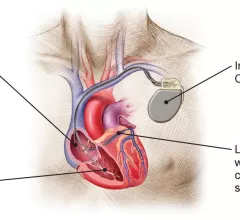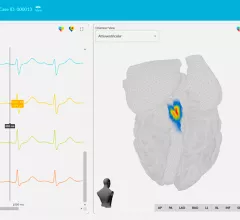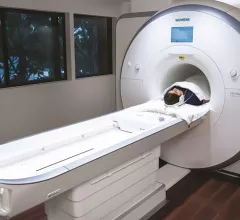Electrophysiology
The cardiac subspecialty of electrophysiology (EP) diagnoses and treats arrhythmias. This includes use of pacemakers to treat bradycardia, implantable cardioverter defibrillators (ICD) for tachycardia, heart failure and patients at risk of sudden cardiac arrest, and cardiac ablation treatments to treat heart rhythm disorders.
Displaying 273 - 280 of 366
![Left atrial appendage occlusion (LAAO) with the Watchman FLX device from Boston Scientific is associated with positive outcomes and limited adverse events after one year, according to new findings published in Circulation: Cardiovascular Interventions.[1] Many prior Watchman FLX studies, including PINNACLE FLX, had focused on the device’s performance in a controlled setting. The study’s authors hoped to gain a better understanding of its real-world impact by reviewing registry data from more than 97,000 U.S](/sites/default/files/styles/top_stories/public/2024-08/screenshot_2024-08-12_at_11.35.13_am.png.webp?itok=5FeQeMFj)











